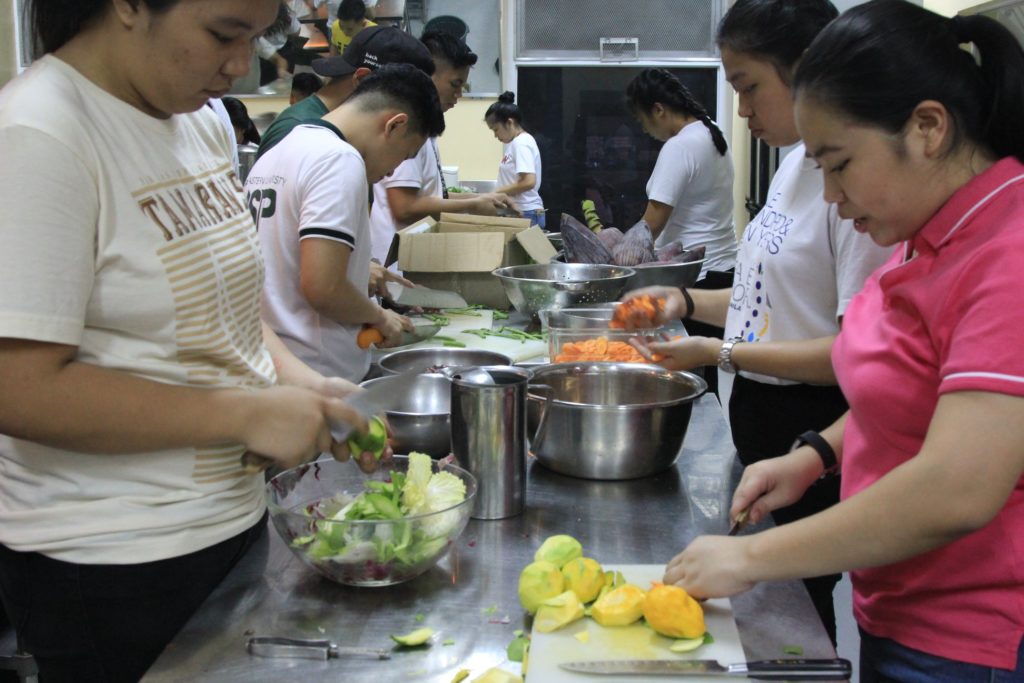More food isn’t the answer
The answer to the growing problem of food security is not more food but better food allocation.
The World Resources Institute predicts that the total amount of food produce we don’t eat is equal to approximately 198 million hectares of agricultural land. Imagine the entire Mexico—that’s how much perfectly edible food we throw away.
The dilemma of excess food waste has become the center of discourse for a while now, and there are a growing number of ways to address it. One is composting, which can either be traditional, vermicomposting, or bokashi composting. These methods vary in their process, but they all recycle food waste into fertilizer for agricultural purposes.
The government is also gaining ground in reducing excess food reaching landfills by approving House Bill No. 8873 or the Food Waste Reduction Act that will require food establishments, manufacturers, and supermarkets to donate edible food surplus to food banks, which will then distribute the food to communities in need.
But like any problem, the solution is not to treat the symptoms but to nip them in the bud. It’s time to look at the source—and the facts.
The world produces enough food to feed the entire human population but hunger still persists because of poverty and inequality, not scarcity. The answer to this, like many social issues, is to start at the grassroots level by educating communities on the growing problem.

On fair food
This is where the Slow Food Youth Network (SFYN) Philippines comes in. A worldwide network of food producers, chefs, activists, and students, SFYN is itself an instrument working towards “Filling bellies, instead of bins” by making sure the discourse on food security doesn’t go unheard.
There are myriad issues circulating around food, or lack thereof; some of which being excessive food waste, sustainable food production, and ongoing hunger.
All of this were addressed and discussed at SFYN’s World Disco Soup Day held on Apr. 28 at St. Scholastica’s College. Volunteers, many of whom were youths, collected and cooked xepa, “the leftover food from the farmer’s market or any food that would go to waste for not conforming to commercial standards,” according to SFYN Philippines. (To clarify, xepa, unused edible food, is not pagpag, a colloquial term used to refer to food from garbage.)
The one-day gastronomic and advocacy-driven event raised awareness on all the ways to contribute to a sustainable food industry, starting with sustainable production methods and ending with proper solid waste management.
An eye-opening event, the thrust of the slow food movement is to make people realize the momentous task that is food security and how our actions, no matter how small, can contribute to it.